The Physiological Effects of High Altitude —— Proceedings of a Symposium Held at Interlaken, September 18-22, 1962
----- 一次研讨会上的高海拔的生理效应
The Physiological Effects of High Altitude covers the concepts and principles in high altitude physiology. This book is divided into four main sections that discuss the adaptive mechanisms in natural acclimatization and the bodily processes of exercise at high altitudes. Some of the topics covered in the book are the development of chronic mountain sickness; comparison of growth and development of the rat at high altitude; body weight during early acclimatization; experiments on wound healing and activity of the adrenocortical system; and experiments on pregnancy and lactation. Other sections deal with the volume and structure of erythrocytes and hemoglobin at high altitude, particularly the responses of deer mice to altitude. This book also examines the hematologic changes during rest and physical activity in man at high altitude. The remaining sections are devoted to the hematologic changes during physical activity, as well as the hypoxic stimulus and mechanism of erythropoiesis. The book can provide useful information to doctors, students, and researchers.
{{comment.content}}
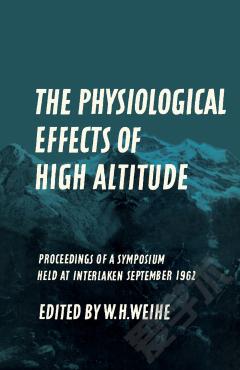
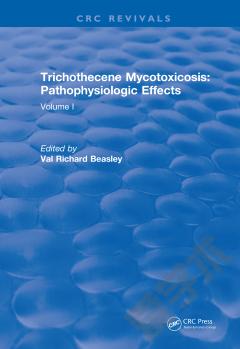
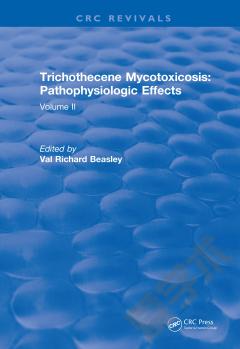
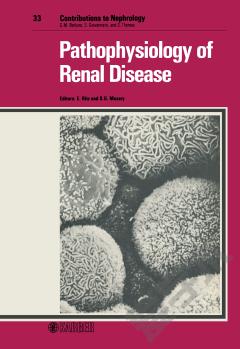
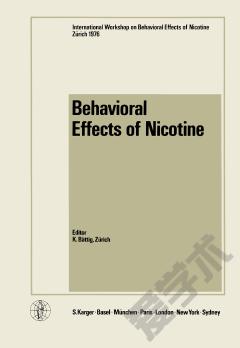
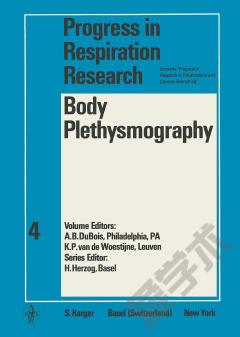


 京公网安备 11010802027623号
京公网安备 11010802027623号